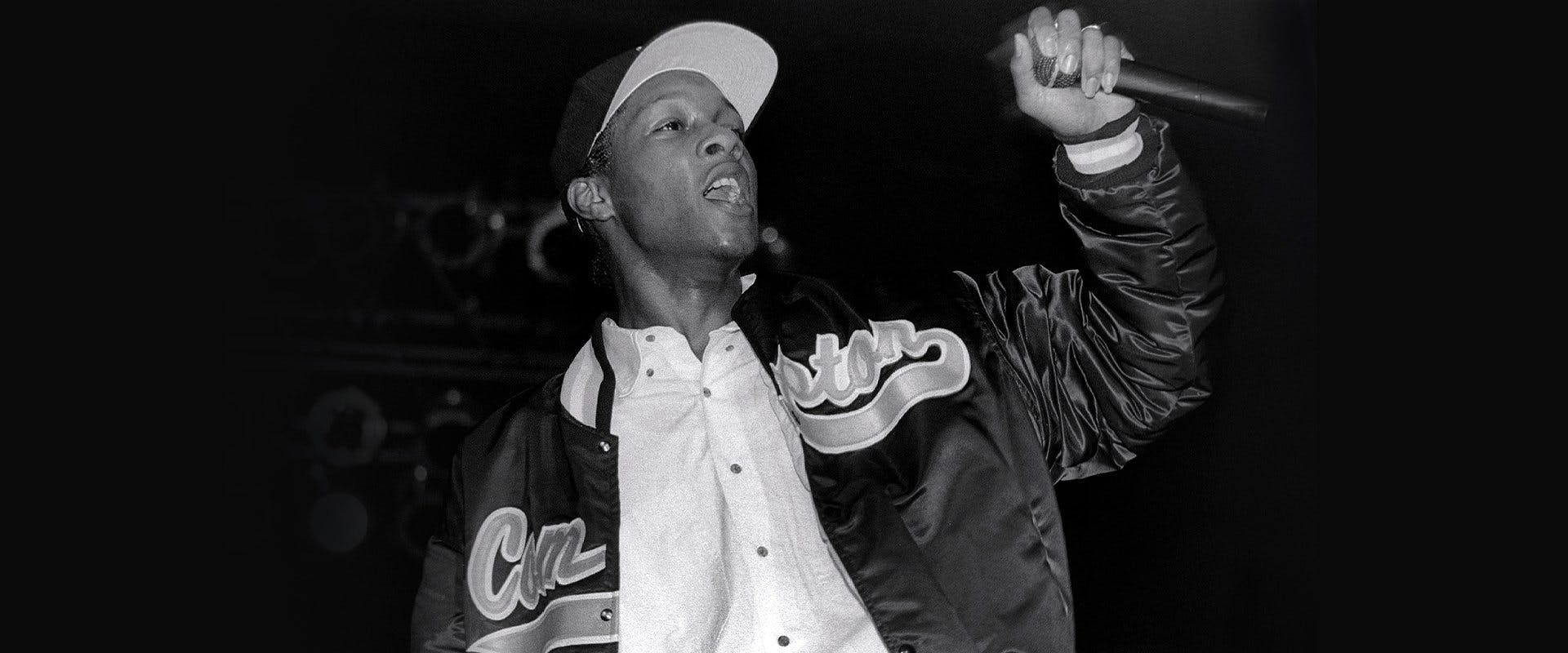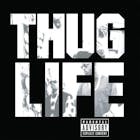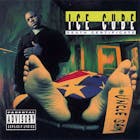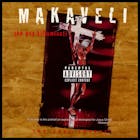
Classic Albums: 'Quik Is The Name' by DJ Quik
Classic Albums: 'Quik Is The Name' by DJ Quik
By Soren Baker
Published Fri, January 15, 2021 at 9:00 AM EST
It clicked.
As DJ Quik listened to and looked at Eazy-E’s “Boyz-N-The Hood” single, he was stunned. “When I heard that and saw the Compton on the address, I’d never seen that before,” DJ Quik says. “I was like, ‘Whoa. That means this place matters. Oh shit. We matter.’ Eazy-E taught us we mattered.”
That validation lit a spark in DJ Quik’s mind, leading to one of rap’s most accomplished, acclaimed and significant careers, one anchored by Quik Is The Name, the Compton rapper-producer’s landmark debut album that was released on January 15, 1991.
Before Quik Is The Name arrived, DJ Quik was riding around Southern California selling his self-produced, homemade mixtapes with anyone who would give him a ride.
“I had 100 tapes for sale and I had a buyer for every one of them muthafuckas all throughout LA,” DJ Quik says. “I used to deliver my mixtapes. Now that you think about it, that was some dangerous shit to do.”
Danger was one of the many things DJ Quik had to overcome in his teenage years. Due to a series of familial circumstances, he ended up finding a second family and a brotherhood with Playa Hamm, with whom he’d later collaborate on Penthouse Players Clique.
“I got my hustle from Playa Hamm, and his brother Carl,” DJ Quik says. “These guys low-key adopted me. They reeled me in because I was off the chain. Talented as fuck, but I admit I was wild. I didn’t give a fuck about nothing. I was on one. I was like 2Pac when he did All Eyez On Me: fuck the world and everybody on it. Turn this muthafucka red and set it on fire.”
As wild as DJ Quik was, he was also extraordinarily musically inclined. He was a DJ first and had an innate sense of rhythm. With his turntable experience, DJ Quik knew how to que the right type of sounds at the right time, something he incorporated into the songs that would become Quik Is The Name. You can hear it in the Tecmo Bowl sounds on the title track or the paper crumpling on “Sweet Black Pussy.”

“He was advanced, as far as production-wise,” says AMG, who appears on Quik Is The Name songs “Deep,” “Tear It Off,” and “Skanless.” “He just had the sensibility to roll with it. He knew what he wanted to be and what he wanted to do, and that was always the focal point of trying to craft a perfect album.”
That is on the sonic side, which is why Quik Is The Name’s sounds vary from the laid-back reggae vibe of “Tha Bombudd” and the harder-edged “Born and Raised In Compton” to the jazzy instrumental “Quik’s Groove,” the soulful “I Got That Feelin’,” and the smoothed-out “Dedication.”
Lyrically, DJ Quik modeled his approach off of Eazy-E’s “The Boyz-N-The Hood” and the rush he felt while listening to the Ice Cube-penned lyrics about life in the streets of Southern California.
“I just wanted to write these cool stories that kind of mirrored what I had just seen, but take the sting out of it with a cool voice,” DJ Quik says. “It almost read like a newspaper, like a ticker tape back in the day. It’s our neighborhood and what’s going on now, just put to a beat.”
The biggest song on the LP is “Tonite,” which showcases DJ Quik’s street-styled storytelling style. Here, he details a day in his life at the time, complete with him taking a bath, looking forward to downing a 40, hitting a joint, gambling, and pledging to give up drinking before falling into the same routine. The song also shows his uncanny ability to blend live music and samples, most notably live guitar with a portion of Betty Wright’s “Tonight Is the Night.”
DROP YOUR EMAIL
TO STAY IN THE KNOW
“Everything that we grew up listening to and liking ourselves, from Ohio Players and all, we just sampled their music,” DJ Quik says. “I know I made Betty Wright a lot of money using ‘Tonight Is The Night.’"
"In the same year, Color Me Badd put out ‘I Want To Sex You Up’ sampling her, too. ’91 was a dope-ass year for Betty Wright.”
Lyrically, much of Quik Is The Name centers on chasing girls, indulging in intoxication, and dealing with the treacherous Southern Californian streets. Although some of the stark subject matter fits in nicely with what at the time was labeled as gangster rap, DJ Quik and his collaborators infused an unusual amount of humor into their rhymes.
“You had to laugh to keep from going bananas,” DJ Quik says. “It’s too much for some people to see. Violence is fuckin’ horrible. You can’t unsee something, or undo something that’s some over-the-top life-changing stuff. I just wanted to bring a little light to that shit.”
“We were young, man,” adds AMG. “We weren’t that serious when we were young. We were trying to get some money, some girls, have some fuckin’ fun and get out the neighborhood.”
Getting out of the neighborhood was paramount for DJ Quik and his crew because of the escalating violence consuming their community. In the late 1980s and early 1990s, the influx of crack and other drugs, as well as the domination of gangs and wanton police brutality made for a deadly combination. DJ Quik was encouraged to rep the streets and his hood, something he did with aplomb on “Loked Out Hood.”
“I had this homie named Black Tone that said, ‘If anything happens to you, we’re coming to fuck everybody up,’” DJ Quik says. “I said, ‘Cool.’ So I wrote it. When I listen back to it now, it’s the one record that sounds so audacious. ‘Loked Out Hood,’ I’m glad it sounds unbelievable. It’s so audacious. Who the fuck glamorizes shooting somebody in the chest with a gun and makes it sound like art? That was over the top.”
DJ Quik’s focus on Quik Is The Name was also extreme. Although it was DJ Quik’s first project, AMG noticed that DJ Quik was consumed with learning how to improve his skills while his crew was often enjoying the spoils that came with recording an album at a professional studio.
“That’s where he entered where he wanted to be,” AMG says. “We would be out, playing ping pong, hanging out and shit. He was in there with the engineers, basically guiding his own project, along with Tracey and Courtney. He was learning his craft, as far as learning to produce in the studio. Skip Saylor [Recording studio] became his home for years after Quik Is The Name.”
Courtney Branch and Tracy Kendrick served as Quik Is The Name’s executive producers, along with Greg Jessie. The LP was released via Profile Records, which had enjoyed gold and platinum success with New York rap acts Run-D.M.C., Dana Dane, and Rob Base & DJ E-Z Rock. DJ Quik was Profile’s first West Coast rap act.
“They were about the business,” DJ Quik says. “That was a great company, in hindsight. They took a lot of chances, but they had their finger on the pulse as well, in multiple regions. I think that’s why they were a very successful independent record company.”

We would be out, playing ping pong, hanging out and shit. He was in there with the engineers, basically guiding his own project..."
- AMG
DJ Quik joined the label’s elite acts.
Quik Is The Name went gold in four months, selling more than 500,000 copies and becoming one of the soundtracks of the streets. It remained a steady seller and hit platinum in 1995.
“It was just impressive that something that we originally made in a bedroom was now in everybody’s stereo and they’re buying it and loving it,” AMG says. “Going to the club when you’re 21 and they’re playing your records and then people are playing your records in their car when you leave, that shit’s phenomenal.”
For AMG, it’s noteworthy that DJ Quik was able to reach this level on his first try.
“That was just the talent that he has, being able to execute everything you want to do -- especially on your debut,” AMG says. “He could have got away with just one song and then came back and did another album. But the whole album was a hit. From start to finish—just a hit.”
As DJ Quik looks back at Quik Is The Name, he thinks the music he grew up listening to made the LP so formidable.
“We drew from all of that tense music from the ’70s, that era that we went through that was just amazing when we were growing up,” he says. “I think the ’90s were the best era of music because we were all ’70s babies, so we experienced the greatest music of all time. We’re privy to all of that shit. At a finger’s distance away from me, I could play any record. So, I was a threat from the gate with the music.”






